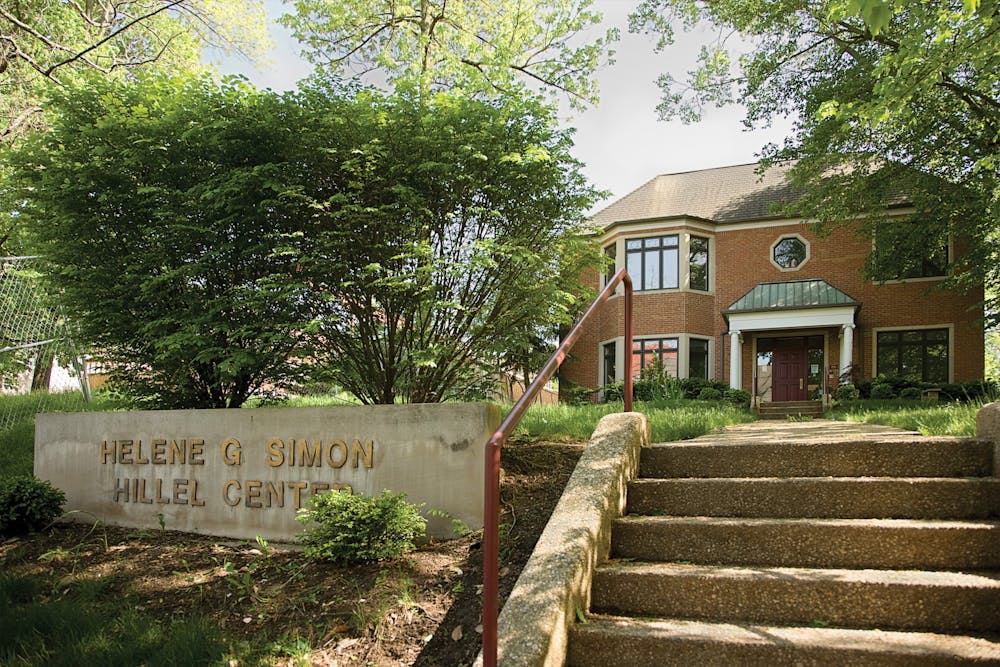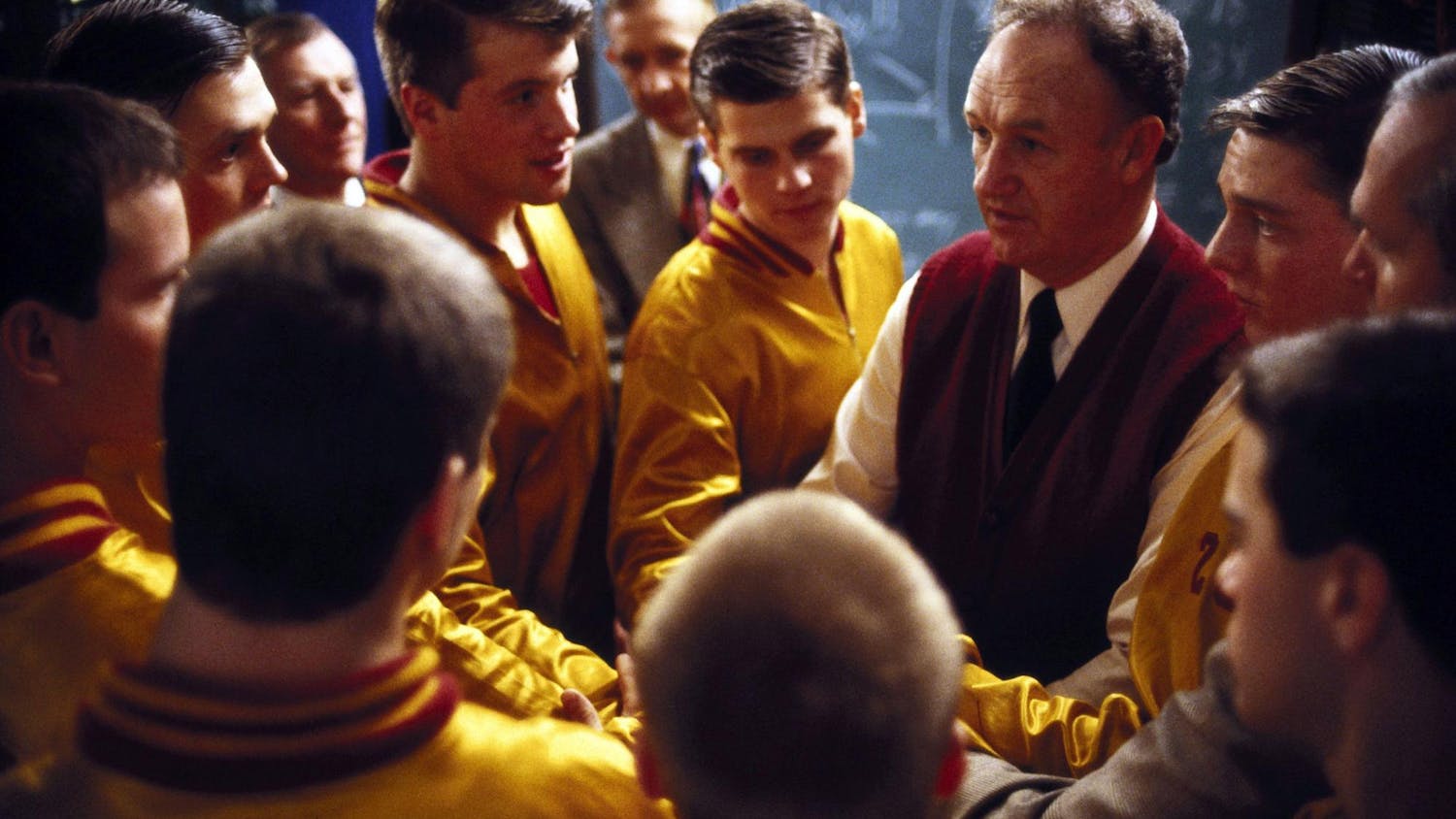The Jewish holiday Hanukkah starts Dec. 10 and ends Dec. 18th. The Helen G. Simon Hillel Center is celebrating with virtual events during this period for students of the Jewish faith and allies to celebrate. This includes a nightly lighting of the menorah and a celebration sponsored by the Greek Jewish Council.
The Greek Jewish Council, which functions as a part of the center, has partnered with the Jewish fraternity Zeta Beta Tau and other greek organizations to raise money for this year’s celebrations, said council member Benjamin Harris.
“This year with that funding we’re able to send out some Hanukkah kits to people with dreidels and gelt,” Harris said.
The event will occur at 8 p.m. Dec. 14 over Zoom.
According to IU Hillel Center director Rabbi Sue Laikin Silberberg, Hanukkah is a minor holiday for the Jewish tradition.
“It’s not a biblical holiday,” Silberberg said. “Our biggest holidays are actually Rosh Hashanah and Yom Kippur. Hanukkah has taken on such a significance in the U.S. because it occurs around the same time as Christmas.”
The word “Hanukkah” means rededication and is a celebration of the dedication of a temple in Jerusalem that had been desecrated by Greek-Syrian rulers in the second century. It lasts for eight days as the candle lit in the temple lasted eight days, instead of the predicted 24 hours.
For assistant director of the center, Jess Goldblatt, the holiday signifies Jewish perseverance.
“It’s both a happy and nostalgic holiday because on one hand, Jewish people are still around and are doing well and can freely celebrate our religion across the world,” Goldblatt said. “But at the same time we weren’t always able to do that.”
For Silberberg, the symbolic holiday that takes place during the darkest time of the year brings light to those that celebrate it.
“It’s a positive message because it teaches that we can overcome people that want to destroy us and still prevail,” Silberberg said. “Even in the darkest times, we can still have light in our lives. Even when we as Jews felt we were vulnerable and we were going to be destroyed by other people, we were able to stand up and reclaim our heritage and be proud of who we are.”
Silberberg, Goldblatt and Harris believe the holiday celebrations are open to those who are not Jewish. Goldblatt also stresses the purpose of the center as an educational resource for those interested in learning more about the Jewish traditions.
“We’re just trying to live our lives and show our religion,” Harris said. “We’re not here to force anyone to follow our ideals. We’re here to learn back and forth with you.”
Silberberg also highlighted the importance of Jewish students taking pride in their identity in addition to recognizing the diversity of their peers.
“We need to be proud of who we are and we need to take pride in our traditions and in our culture,” Silberberg said. “I think it's really important to value and appreciate the diversity in the world, that’s one of my primary principals. But it’s also important to be who you are and to not be afraid or ashamed or afraid to be who you are.”
She additionally wanted to remind those outside of the Jewish community of the people that do not celebrate Christmas. It is important to be sensitive to other traditions and beliefs.
“I think Christmas is a beautiful tradition. Anybody who celebrates, I will wish them a Merry Christmas,” Silberberg said. “But I don’t feel like I’m suffering because I don’t celebrate it. I want people to be more sensitive that there are a lot of people who have their own traditions and that we can honor those and value those and learn from each other. None of us should feel like we have the only way and best way.”




